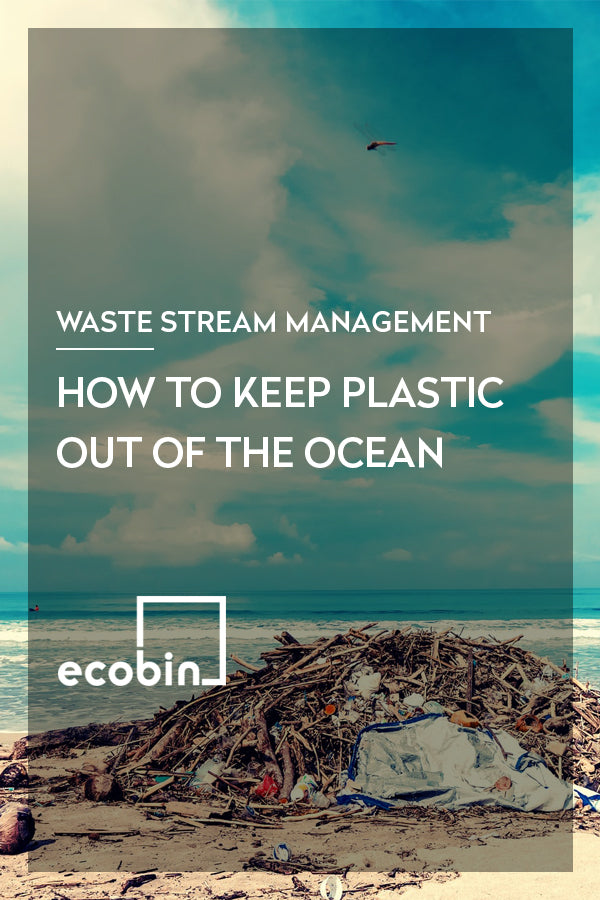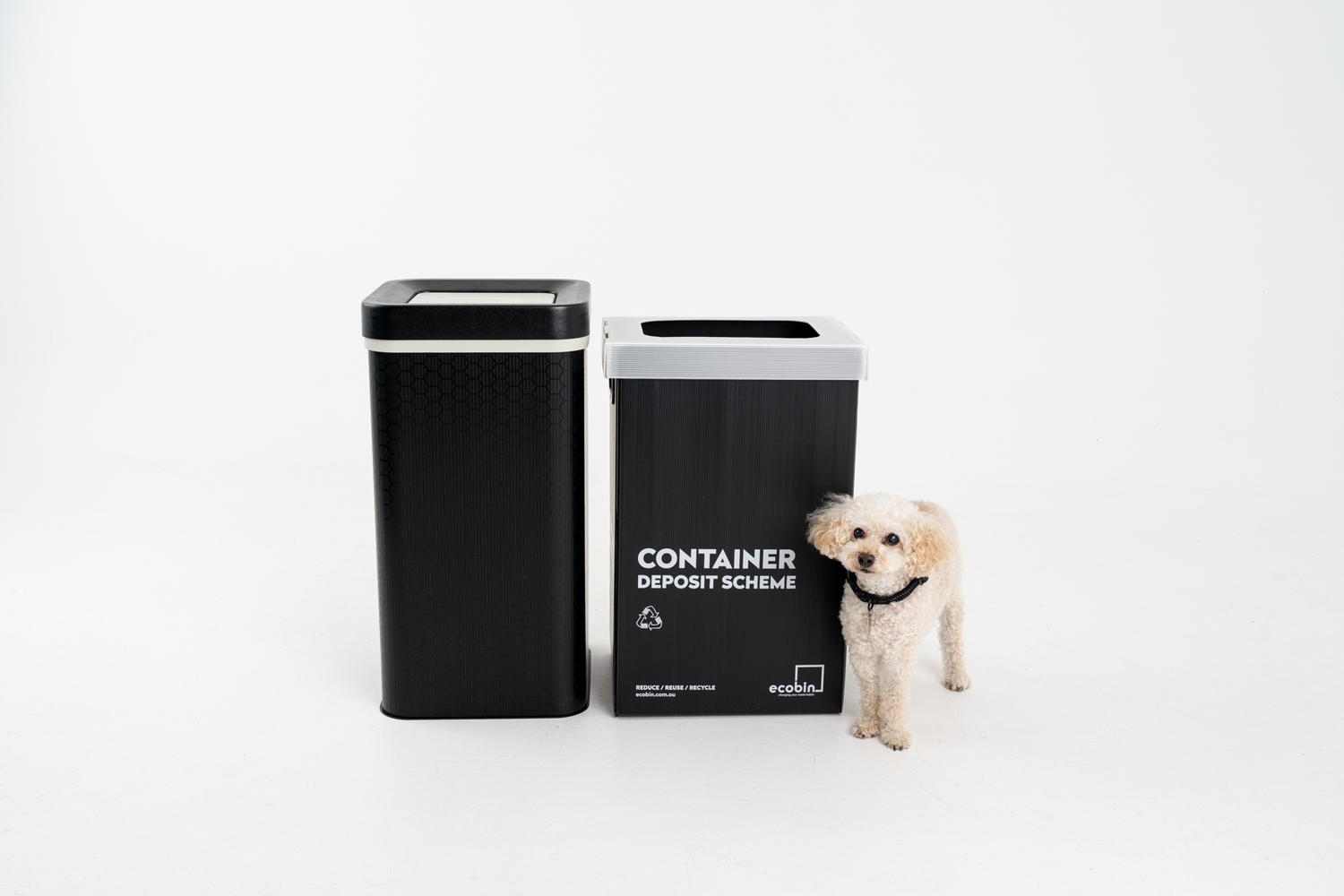
How to keep plastic out of the ocean
It has been said that by 2050, there will be more plastic in the oceans than fish. Plastic is making a devastating effect on our oceans. The problem is that thousands of fish, seabirds, sea turtles, seals, and other marine mammals are killed each year after ingesting plastic or getting entangled in it.
Plastic is a very big problem for our oceans because it is non-biodegradable. Normally, plastic items can take up to 1000 years to decompose in landfills. Plastic bags we use in our everyday lives take 10-1000 years to decompose, while plastic bottles can take around 450 years or more.
But how much plastic is actually in the ocean? Scientists have estimated humans contribute anywhere from around 5.5 to 14 million tons of plastic in the ocean annually. Here is some perspective on this huge number – 9 million tons of plastic is equivalent to 136 billion plastic milk jugs and if we place them one on one, the height can reach more than halfway to the planet Mars.
As alarming as those figures are, there are some simple steps we all can take to reduce plastic pollution and help save our oceans and mother earth.
Reusable bags - Ever since the ban for plastic bags came into effect in late 2018, the national retail association (NRA) estimates there has been an 80% drop in plastic bag consumption nation-wide which equates to 1.5 billion fewer bags going into landfills each year. Now this is great, but we can definitely do more. Get yourself a reusable cotton tote bag. It’s actually found that a tote bag can carry more wines than a single-use plastic bag, so it's a win-win! You wouldn’t want to waste a drop!
Buy a reusable water bottle - Each year more than 20 billion water bottles are tossed in the bin, which then find their way to the oceans unless they are recycled. Carry a reusable bottle in your bag and you never have to go for a new plastic bottle ever again. If you are a little bit worried about the quality of your water tap, keep an eye out for a good water filter.
Boycott Microbeads - Microbeads are tiny plastic additives that can be found in some skincare products such as face wash. The problem is that they’re too small to be captured by water treatment systems after their use so they go down the drain and enter our waterways. Unfortunately, they also look just like food to submarine animals and when they’re eaten, they choke. So opt for the products with natural equivalence like oatmeal or salt instead.
Say no to straws - When we can drink water or juice directly with our mouth and it works as good as with straws, there is no need for them. They merely act as an extra packaging material.
Eco-Friendly Products – Live by example by buying eco-friendly products. Make sure the products you buy are made with both ethics and the environment in mind. These products help drive the dollar for more conscious brands.
Recycle – According to National Geography, a whopping 91% of plastic isn’t recycled, and if you’re unsure what type of waste can’t be recycled, just check it here.
Compost Pit - Biodegradable waste that you produce for example banana peels, egg peels or any other kind of food waste, you can simply compost it in the comfort of your home. Make a compost pit. You can do that in your lawn by digging a hole that is 2-3 feet deep, or you can do that in a wide pot and keep it on your rooftop or backyard, where you get plenty of direct sunlight. And if you need any further help, we here at Ecobin are more than happy to help answer your questions.
Spread the good word like wildfire and watch your efforts grow! Tell your family, friends, relatives, neighbours, co-workers and anyone else who’ll listen! These are some things each one of us can easily do in our daily lives.
As we’ve mentioned earlier, every little bit that you can do will have a big impact on our beautiful underwater world.
